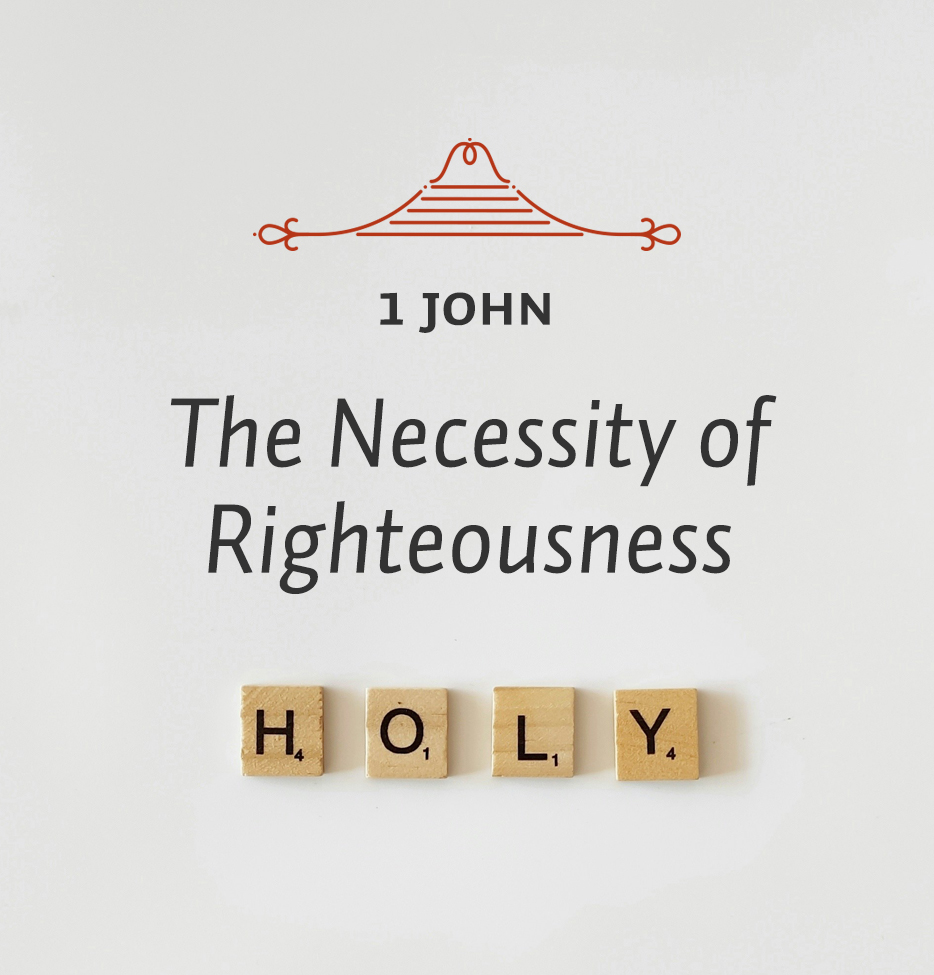This idea of righteousness, of course, was not the idea of knowledge most characteristic of Greek thought. In the classical Greek period there was an almost unlimited confidence in human reason, somewhat similar to the confidence in reason which existed in Europe and England in the eighteenth century. The early Greeks believed that accurate knowledge of all things, including God, was attainable. That is, they believed that they could arrive at God by the mere process of reasoning. Plato in particular led the way in this. In his system of thought, knowledge became by definition a knowledge of the eternal and unalterable essence of things, not of changeable phenomena. That is, it was a knowledge of forms, ideas, or ideals; and religion, as Barclay notes, became “something not very unlike the higher mathematics.”1
With men of great intellect this attempt to know God was no doubt popular, but it could hardly be as equally popular or satisfying to ordinary people. Moreover, it had two flaws. First, it gave no adequate basis for ethics. A man could be a philosopher or “knowing one,” and yet indulge in all the depravity which infested paganism. Second, an intellectual knowledge of God did not satisfy the whole man, for man is more than intellect. Man wants to relate to the infinite, not merely contemplate it. So while the god of Plato and others filled the mind, he did not warm the heart or stir the emotions, which man desires.
In the Hellenistic period, partly due to the breakdown of the old Greek democracy and partly as the result of contact with the east under Alexander and his successors, an entirely new concept entered the Greek world. It was the idea that God could be known through emotional experience. If the mind did not satisfy, perhaps the senses would. So the mystery religions, with their promise of an emotional union with the god induced by lighting, music, incense, and liturgy, became popular. There was a twofold problem with this approach too, however. First, it did not last. It was transient. Second, it did not satisfy the mind. The worshiper could have an experience; but what was the experience? He could have a great weekend; but it did not mean much on Monday morning. In this period, then, the Greek had a choice between a cold rationalism and a passing emotional experience, if he wanted to know God.
In contrast to either of these two Greek ideas, John’s understanding of the knowledge of God is essentially personal and practical. So it is satisfying. It is satisfying because it is knowledge, not of an idea or thing, but of a person, and because it issues in a profound change of conduct.
This is not unique with John, of course. Rather, it is simply a reflection of the entire biblical system. For example, in Jeremiah the goal of religion is said to be the “knowing of God,” as the Greeks also claimed it was. But at the same time that this is said, the nature of that knowledge, which is entirely different from the Greek idea both in its nature and effects, is indicated. Thus we find Jeremiah writing, “Let not the wise man glory in his wisdom, neither let the mighty man glory in his might, let not the rich man glory in his riches, but let him that glorieth glory in this, that he understandeth and knoweth me, that I am the LORD who exerciseth lovingkindness, justice, and righteousness, in the earth; for in these things I delight, saith the LORD” (Jer. 9:23-24). Any Greek would agree with the first part of that sentence, the part that says that the knowledge of God is man’s glory. But the second part, the part that speaks of God Himself practicing steadfast love, justice, and righteousness and delighting in those who emulate Him in these characteristics, would be foreign to the same Greek thinker.
1William Barclay, The Letters of John and Jude (Philadelphia, PA: Westminster, 1958), 49.






